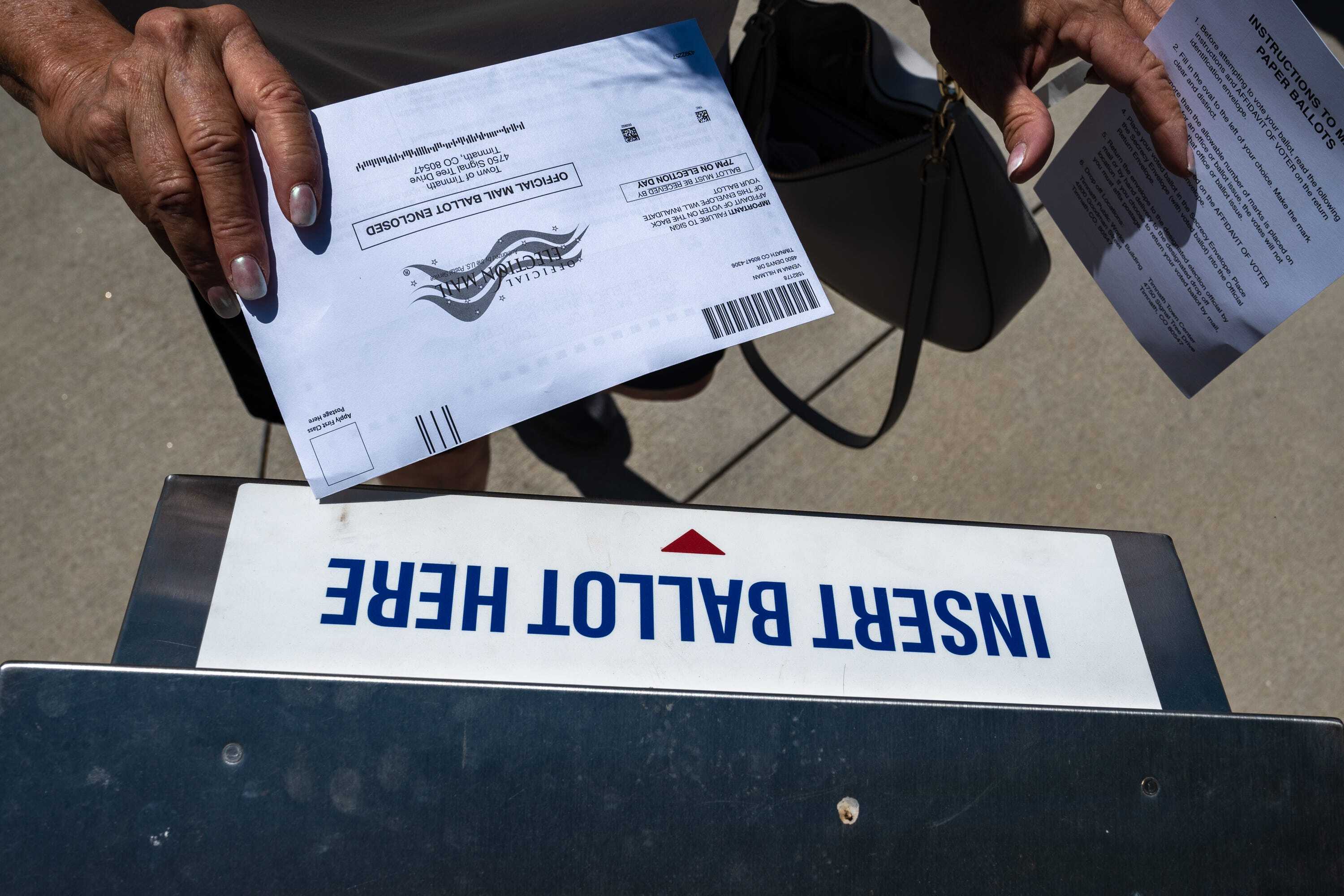By: emmi kivi
June 29 2023
Elections misinformation: Best practices, lessons learnt, and the way forward from GlobalFact 10

Image source: Reuters
At the GlobalFact 10 Fact-Checking Summit in Seoul in June 2023, a session titled Fact-Checkers Unite: Debunking Election Misinformation Across Borders saw fact-checkers from Turkey, South Korea, and Brazil discuss best practices and lessons learned in debunking election misinformation.
Drawing on examples from recent elections, the session focused on why fact-checking is vital to societies. The speakers found that similar tactics and techniques are used to spread misinformation in each region. Kyu-seok Shim, a fact-checking reporter from AFP Fact-Check South Korea, discussed the prevalent disinformation trends identified in elections in South Korea, Thailand, and the Philippines.
The misinformation tactics included the misrepresentation of visual material and creating new narratives based on images taken out of context. For instance, during the Thai elections in May 2023, a misleading video showed an election group filling in ballots instead of votes. In reality, the group was signing the front cover of the ballot to validate voting as part of a normal electoral process.
According to Shim, many claims in the elections were to challenge the integrity of the electoral process or target candidates; the latter was also witnessed in the recent Turkish elections. Co-founder and Head of Strategy at Turkish fact-checking organization Teyit, Gülin Çavuş, spoke about a manipulated video of Turkish opposition leader Kılıçdaroğlu posing with leaders of the Turkish militant group Kurdistan Workers' Party or PKK that stirred the election process and was used in the battle between political rivalries during the Turkish general elections in May 2023.
Methods of tackling mis- and disinformation during elections
The speakers shared their thoughts on best practices for debunking election misinformation. Planning and sound crisis management are crucial in successfully covering and countering misinformation during elections. Marcela Duarte, Head of Product at Lupa, a Brazil-based fact-checking hub, endorsed the importance of detailed process planning and good communication channels in fact-checking teams. Duarte emphasised that to cover elections widely, especially in a country as large as Brazil, local and regional partners became key allies to meet these goals.
Lupa also focuses on tackling misinformation through media literacy, journalism, and endorsing interactive reporting. Additionally, as explained by Çavuş, Teyit uses technology to involve citizens, help empower them to detect mis- and disinformation through informative guides and election explainer videos, and also organizes training for university students on election fact-checking. During the session, young people stood out as an essential fact-checking audience to tap into using digital platforms for content production.
The speakers emphasized the importance of keeping up to date with political discourse and public discussion to provide the needed context for audiences in fact-checking products. Çavuş said that fact-checkers should strive for preparedness for the upcoming political debates and possible misinformation narratives. Duarte mentioned that prioritization should be considered when planning for election coverage.
Çavuş highlighted that fact-checkers should grasp the narratives created in individual fact checks and investigate how the narratives are disseminated through online platforms over a longer time. Shim also backed more responsive fact-checking and agility in identifying relevant channels and platforms which spread misinformation.


